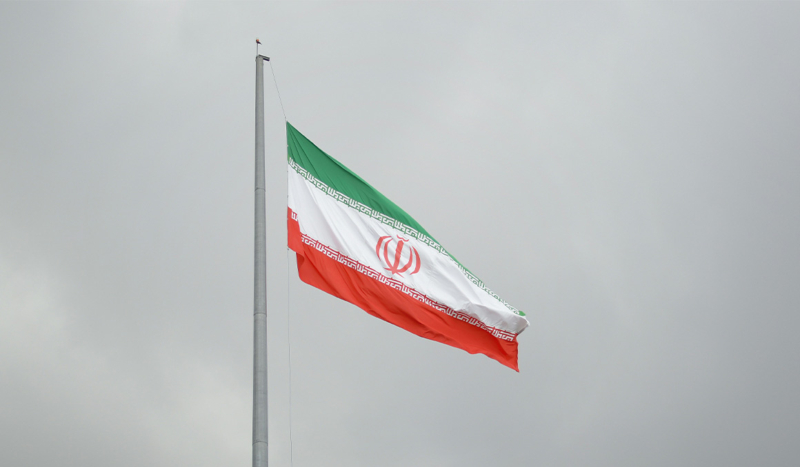
Adobe Stock
Sharp divisions developed in Congress this week as the Trump administration signaled that it may be considering deeper US involvement in the Israel-Iran conflict.
In the House, Reps. Thomas Massie, R-Ky., and Ro Khanna, D-Calif., led a bipartisan effort June 17 to block any US military action in the conflict.
“This is not our war,” Massie wrote on X, arguing that Congress must decide matters of war under the Constitution. Rep. Alexandria Ocasio-Cortez, D-N.Y., quickly signaled her support, replying: “Signing on.”
But the resolution drew sharp pushback from Republican Rep. Mike Lawler of New York.
“If AOC and Massie are a yes, that’s a good bet that I’ll be a no,” he wrote. “Iran, China, Russia, and North Korea are not our friends or our allies — in fact they are working to undermine us and destabilize the free world. A nuclear Iran will seek to eradicate Israel and all but ensure WWIII. We cannot allow that to happen. We must stand with Israel.”
Echoing the non-interventionist wing of the GOP, Rep. Marjorie Taylor Greene, R-Ga., voiced strong opposition to US involvement.
“War has bad consequences,” she wrote on X. “We voted for America First.”
In a June 16 interview, Greene added: “A Middle Eastern war will pull America back twenty years… So I’m completely opposed to this war. Of course, we don’t want to see the people in Israel bombed, but they’re only being bombed because Israel attacked Iran first.”
Amid the congressional split, President Donald Trump has maintained that his America First agenda includes firm red lines for Iran’s nuclear program.
“AMERICA FIRST means many GREAT things, including the fact that, IRAN CAN NOT HAVE A NUCLEAR WEAPON,” Trump wrote in a June 16 social media post.
Meanwhile, in the Senate, multiple war powers resolutions have also emerged.
Sen. Tim Kaine, D-Va., introduced legislation June 16 attempting to require Congress to “debate and vote prior to using any U.S. military force against Iran,” according to a statement.
That same day, Sen. Bernie Sanders, I-Vt., filed the “No War Against Iran Act,” drawing support from seven Democrats. The measure would bar any federal funding for military operations “absent specific Congressional authorization.”
Several Senate Republicans have offered support for Israel.
Sen. Lindsey Graham, R-S.C., called for going “all-in to help Israel finish the job,” a position echoed by Sen. Ted Cruz, R-Texas.
“Throughout this conflict, President Trump has been fantastic,” Cruz wrote on X. “He has been clear that Iran is not getting a nuclear weapon. He is standing unequivocally with Israel, and so am I.”
In a June 17 Fox News interview shared on his X account, Cruz warned that a nuclear Iran poses “the most acute near-term security threat facing America.”

